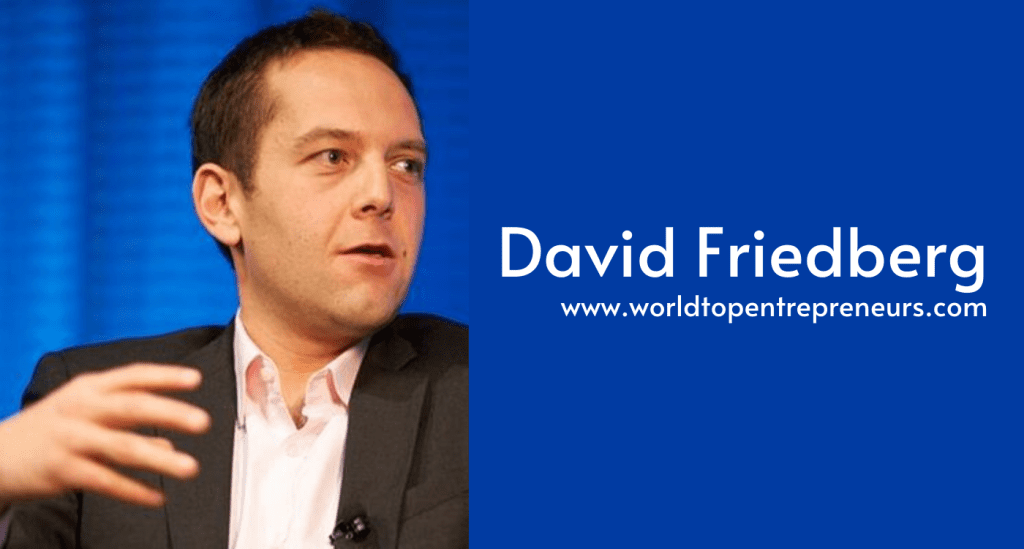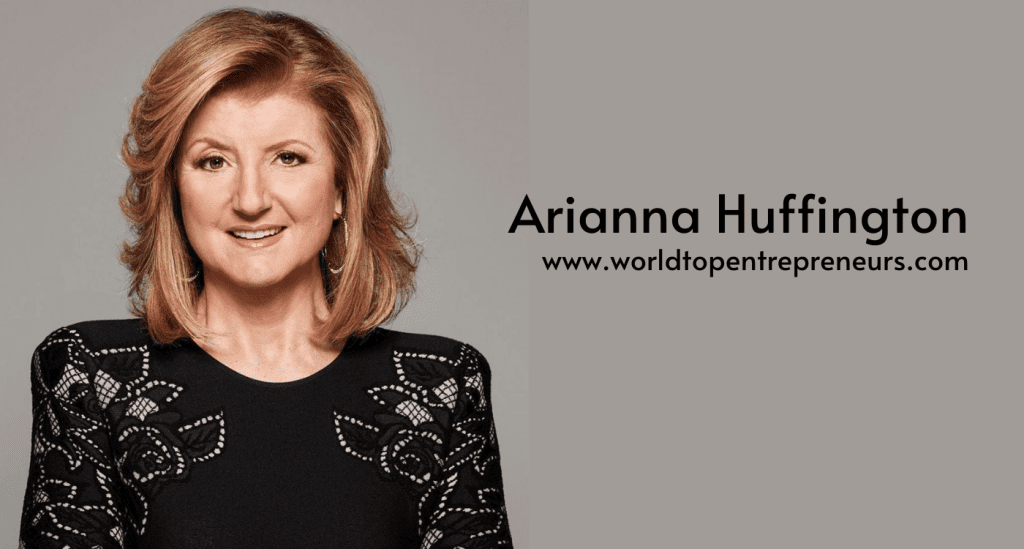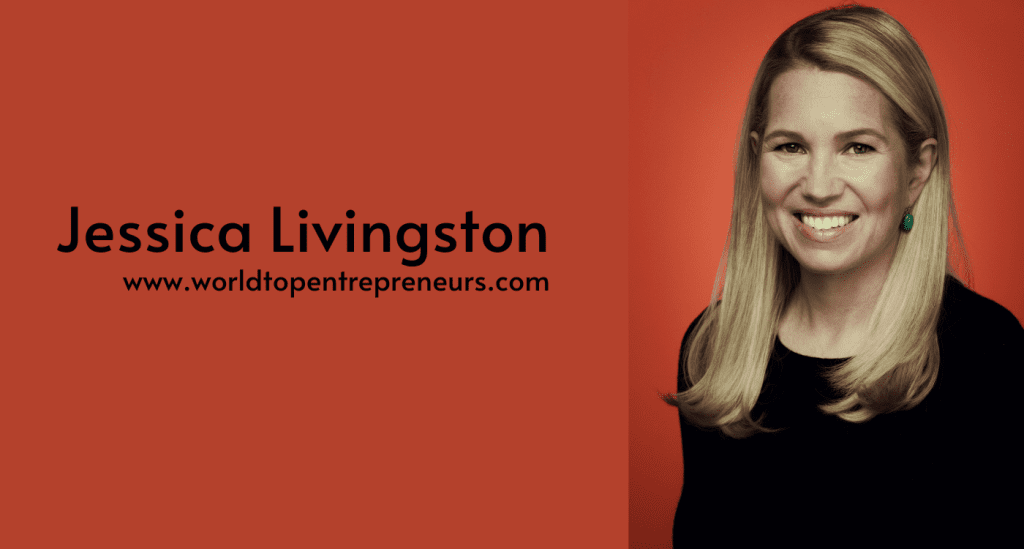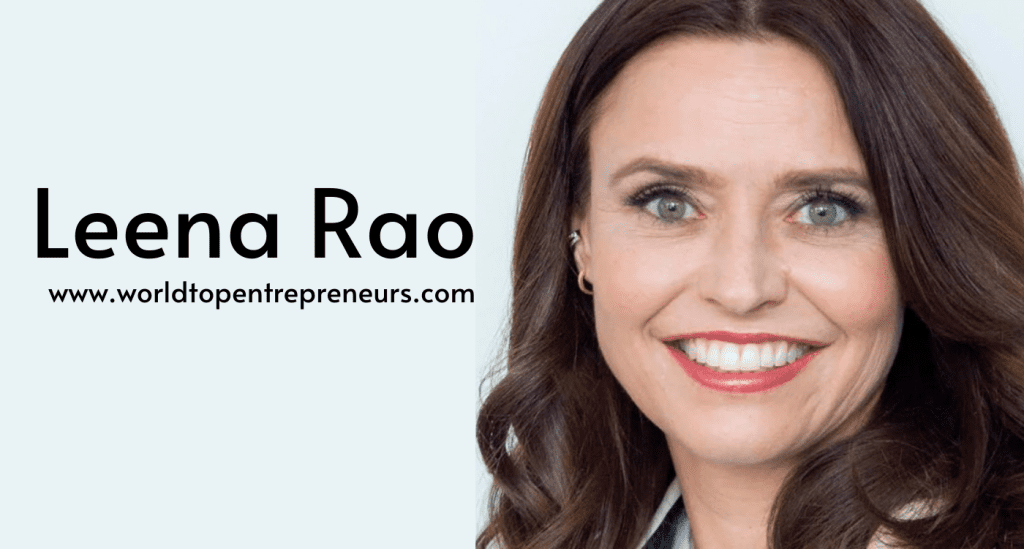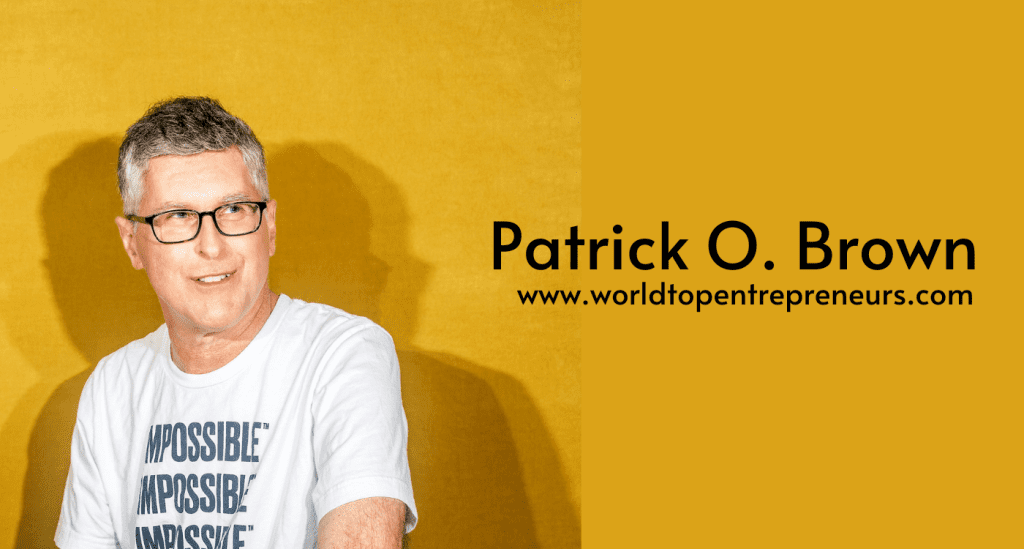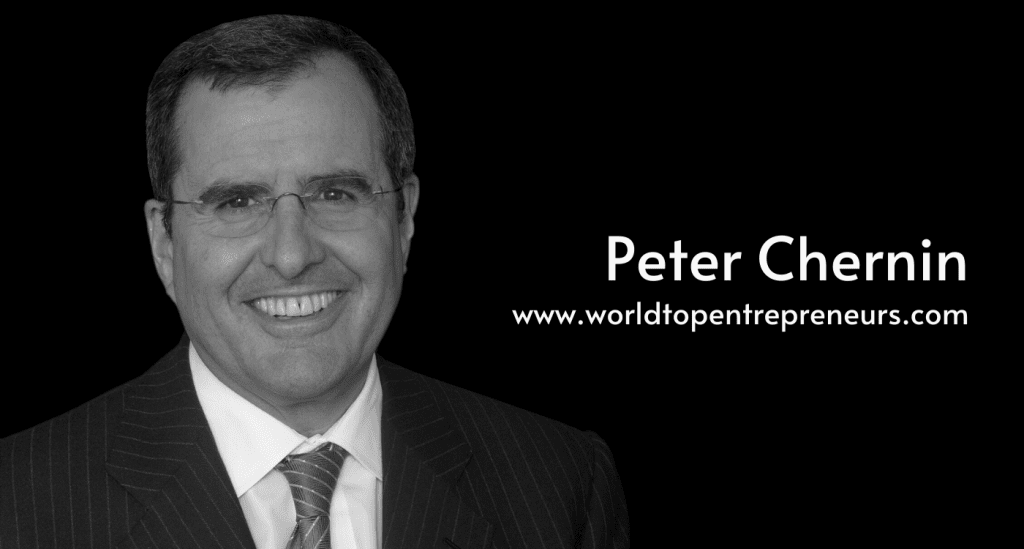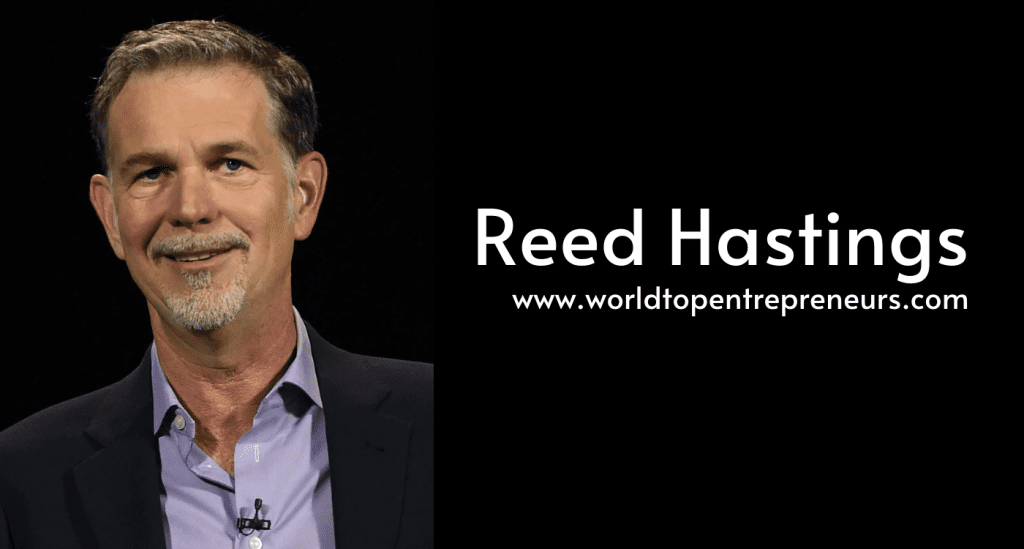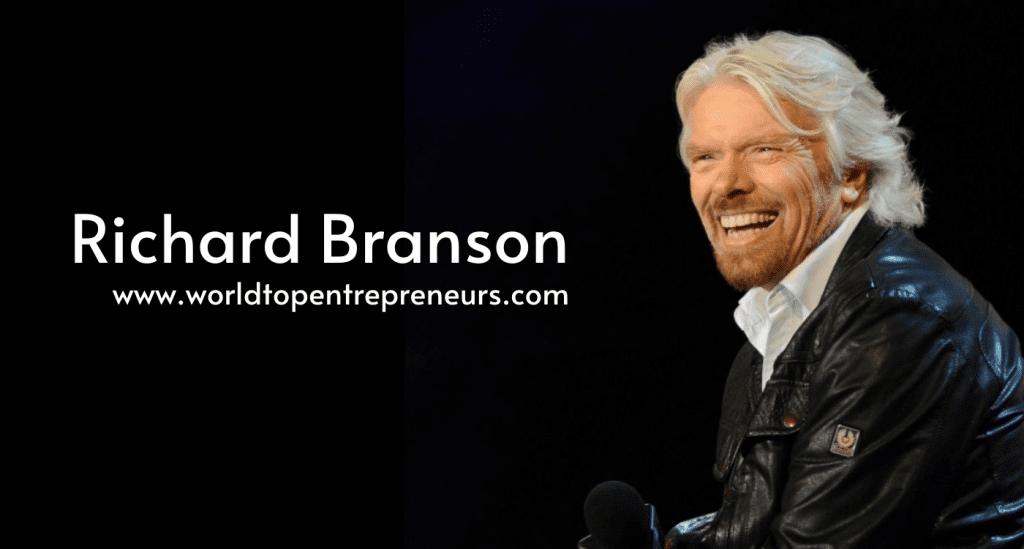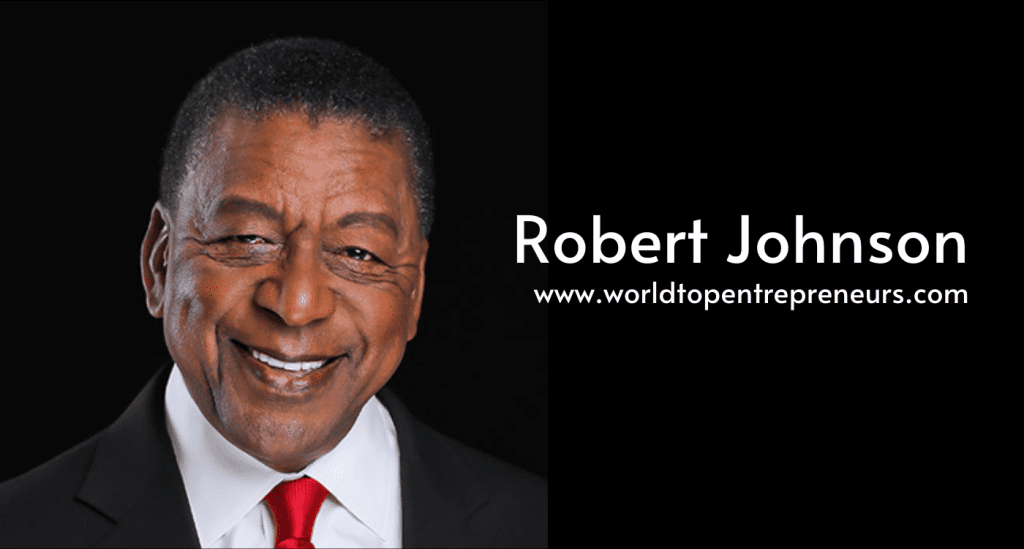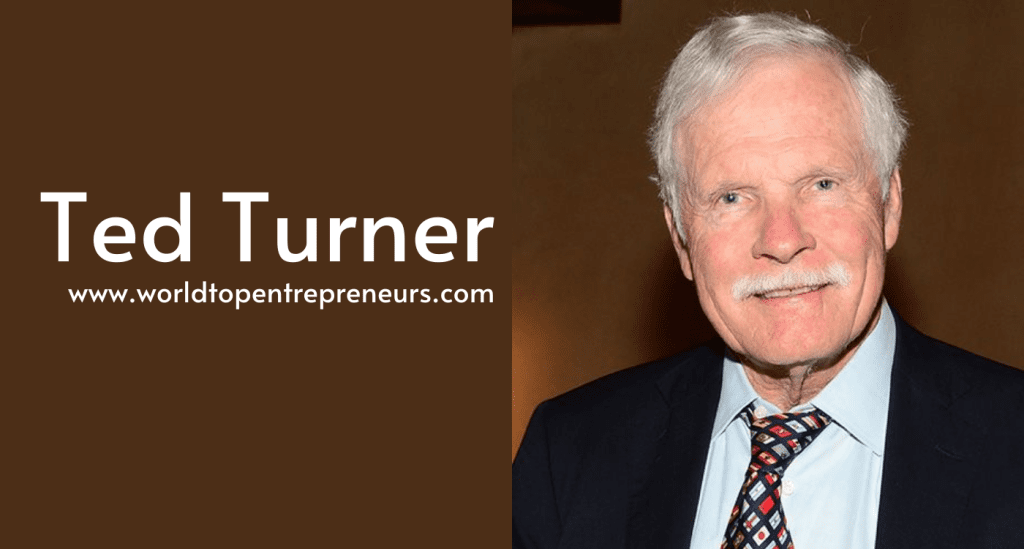In the realm where technology meets agriculture, few figures stand out as prominently as David Friedberg, the visionary behind The Climate Corporation. His journey from growing up on a farm in Canada to founding one of Silicon Valley’s most innovative agri-tech companies is not just a story of entrepreneurial success but a testament to the intersection of science, technology, and sustainability.
Early Years and Formative Experiences
David Friedberg’s roots in agriculture run deep. Raised on a farm in Canada, he developed a profound appreciation for the complexities and challenges that farmers face daily. This upbringing instilled in him a deep-seated curiosity about how technology could be harnessed to address some of the most pressing issues in agriculture, particularly those exacerbated by climate change.
After completing his undergraduate studies in astrophysics and receiving an MBA from Stanford University, Friedberg embarked on a career that would blend his scientific acumen with his passion for agriculture. His early career included stints at Google and working as an investor, experiences that would later shape his approach to founding and leading The Climate Corporation.
The Birth of The Climate Corporation
In 2006, Friedberg co-founded The Climate Corporation (formerly known as WeatherBill) with the mission of helping farmers around the world protect and improve their productivity in the face of increasingly unpredictable weather patterns. The company’s initial focus was on providing weather insurance to farmers, leveraging data analytics and machine learning to assess risks and offer customized insurance policies.
However, Friedberg soon realized that the potential for technological innovation in agriculture went far beyond insurance. He envisioned a future where data-driven insights could empower farmers to make more informed decisions about planting, irrigation, and crop management. This vision led to the development of Climate FieldView™, a digital platform that integrates field data with advanced analytics to optimize farming practices and enhance productivity.
Revolutionizing Agriculture with Data Science
At the heart of The Climate Corporation’s technology is its ability to collect and analyze vast amounts of data from sources such as satellite imagery, weather stations, and soil sensors. This data is then processed using machine learning algorithms to generate actionable insights that help farmers mitigate risks and maximize yields.
Climate FieldView™ has become a game-changer in modern agriculture, offering farmers real-time access to information about soil health, crop growth stages, pest and disease risks, and optimal planting times. By harnessing the power of data science, The Climate Corporation is empowering farmers to adopt more sustainable practices and adapt to a changing climate.
Commitment to Sustainability and Climate Resilience
David Friedberg’s leadership is characterized by a steadfast commitment to sustainability and climate resilience. He believes that technology has a crucial role to play in creating a more sustainable food system, one that can feed a growing global population while minimizing environmental impact.
Under Friedberg’s guidance, The Climate Corporation has expanded its efforts to promote regenerative agriculture practices and reduce greenhouse gas emissions associated with farming. The company continues to innovate in areas such as precision agriculture, digital agronomy, and carbon sequestration, with the goal of helping farmers build resilience to climate change while preserving natural resources for future generations.
Challenges and Triumphs Along the Way
Like any pioneering venture, The Climate Corporation has encountered its share of challenges. Scaling up a technology-driven platform in a traditionally conservative industry has required overcoming barriers related to data privacy, adoption rates among farmers, and regulatory frameworks. However, Friedberg’s unwavering belief in the transformative power of technology has enabled the company to navigate these challenges and emerge as a leader in agri-tech innovation.
One of the key triumphs for The Climate Corporation has been its ability to forge partnerships across the agricultural value chain. By collaborating with seed companies, equipment manufacturers, agronomists, and policymakers, the company has been able to create an ecosystem where data-driven insights can seamlessly integrate into everyday farming practices.
Impact and Future Directions
The impact of David Friedberg’s work extends far beyond the confines of Silicon Valley. By democratizing access to advanced agricultural technologies, The Climate Corporation is leveling the playing field for farmers of all sizes, from smallholders in developing countries to large-scale operations in the heartland of America.
Looking ahead, Friedberg remains focused on continuing to innovate and expand the company’s offerings. This includes exploring new applications for artificial intelligence, enhancing the predictive capabilities of Climate FieldView™, and further integrating sustainability metrics into decision-making tools for farmers.
Personal Reflections and Legacy
For David Friedberg, the journey from a farm in Canada to the helm of a global agri-tech company has been both deeply personal and profoundly rewarding. His experiences growing up close to the land have shaped his values and inspired his dedication to creating positive change in agriculture.
As he reflects on his career thus far, Friedberg remains driven by a sense of urgency to address the challenges posed by climate change. He believes that the solutions to these challenges lie at the intersection of science, technology, and human ingenuity—a belief that continues to guide his leadership at The Climate Corporation.
Conclusion
David Friedberg’s story is a testament to the transformative power of innovation in agriculture. Through his leadership at The Climate Corporation, he has not only revolutionized how farmers approach risk management and decision-making but has also paved the way for a more sustainable and resilient future for agriculture worldwide.
As he continues to push the boundaries of what is possible in agri-tech, Friedberg remains committed to his vision of empowering farmers with the tools they need to thrive in a changing climate. His journey serves as an inspiration to entrepreneurs, scientists, and policymakers alike, demonstrating the profound impact that visionary leadership can have on the world.
In the end, David Friedberg’s story is not just about building a successful company—it’s about leveraging technology to tackle some of the most pressing challenges of our time and ensuring a brighter future for generations to come.

